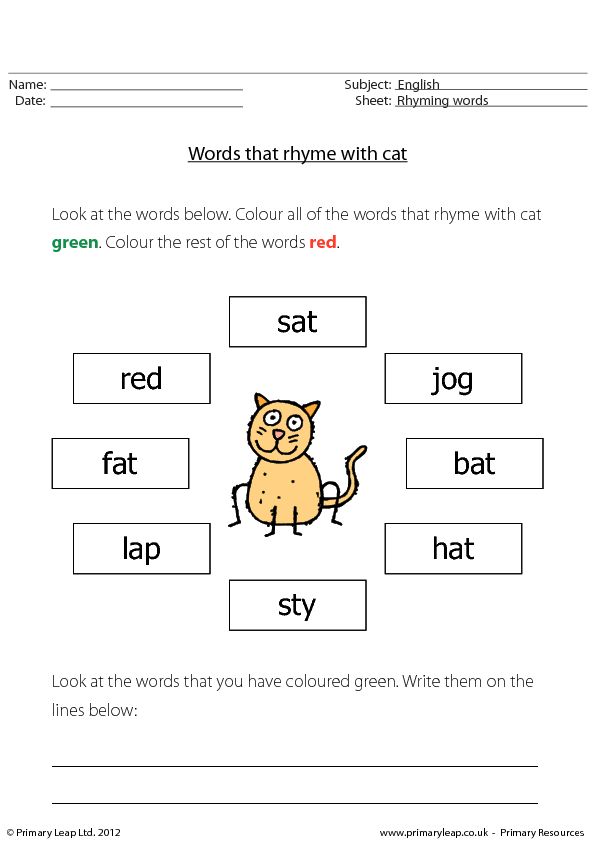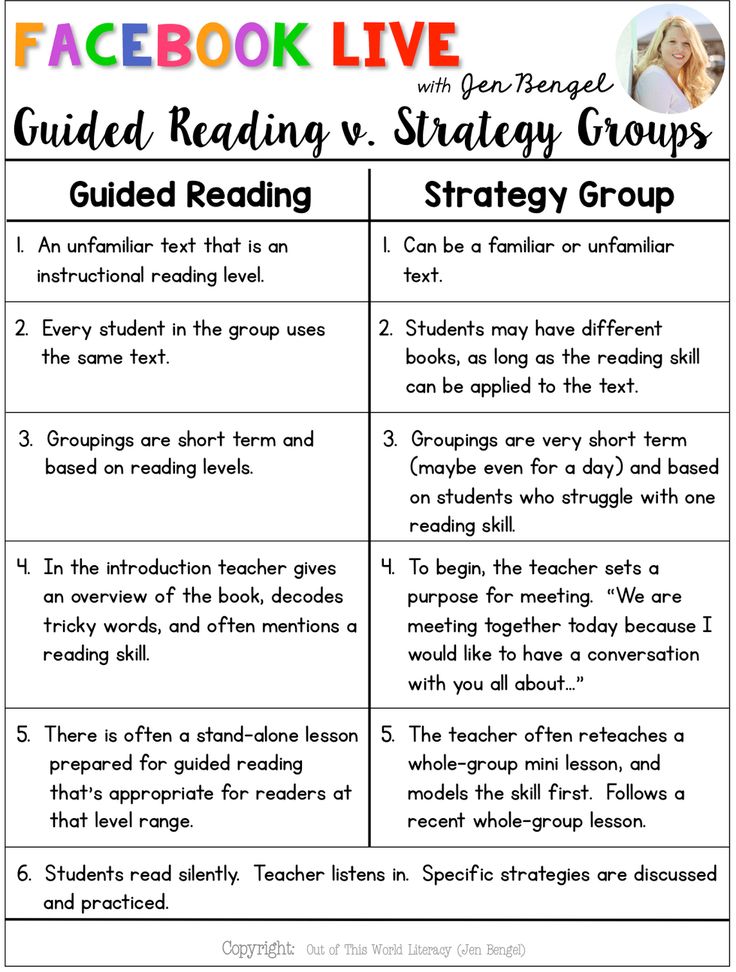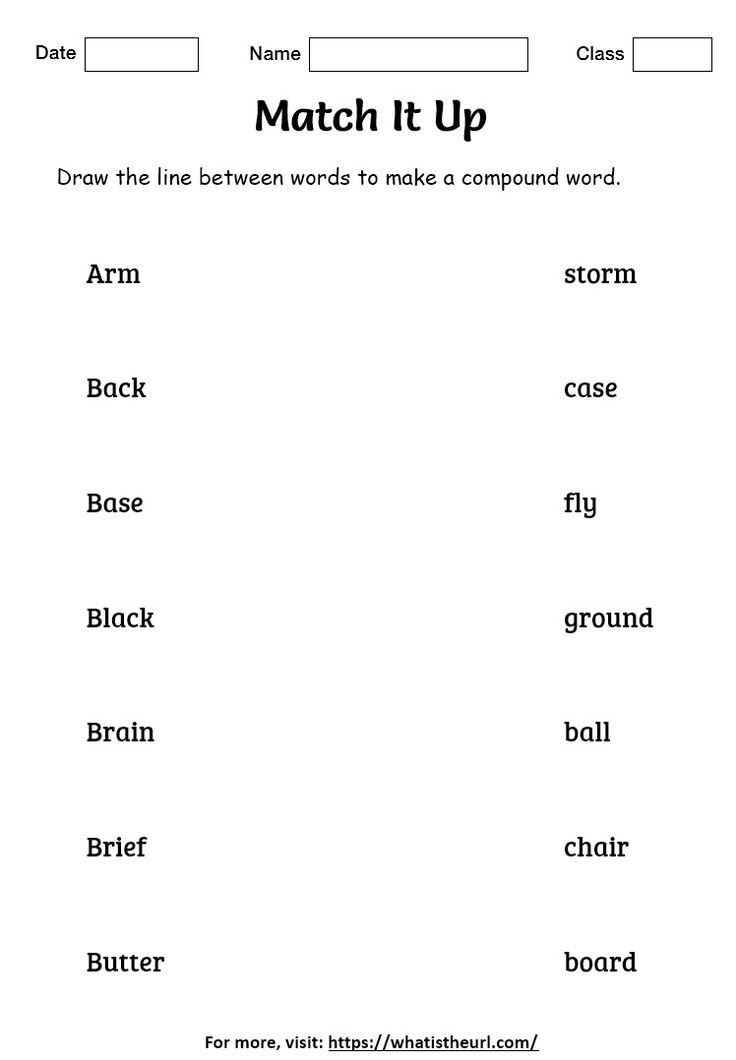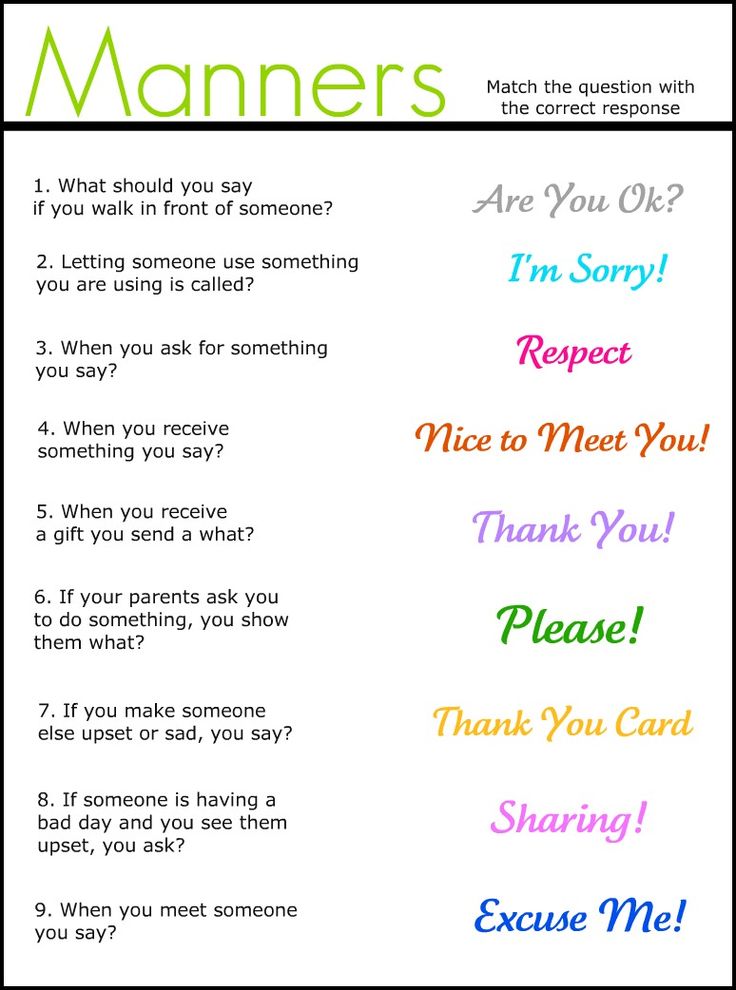Pretend work games
5 Games To Help You Pretend To Be Working
Some days, one doesn’t have the will to work. However, it isn’t always possible to sit around and slack off. Especially with the boss around. However, it is possible to provide the illusion of working while actually engaging in other activities. More importantly, stricter workplaces may attempt to block proper entertainment websites, so one will have to get crafty about things.
Naturally, these solutions work best if nobody can see your screen. Although a couple may managed to escape detection by people who aren’t paying too much attention.
Build with Chrome
One of our many browser based games, although this one may one work as a disguise for designers. Build with Chrome is essentially a stripped down Lego game. It does, however, resemble 3D modelling software. Clutter it up a little with some extra toolbars in your browser and you have a reasonable disguise for building spaceships and castles without your boss suspecting anything amiss.
As a game, it is essentially a simplified Lego Digital Designer. Which was a service that allowed users to build virtual sets and then order the physical thing. The service was discontinued in 2012, but it appears that the code behind the designer is being put to good use. Although, once you’re done with Build with Chrome, the Lego Digital Designer is still available for download from the Lego website.
The Wiki Game
Wikipedia is a massive storehouse of information, and is readily accessible by even the most strictly controlled networks. It also provides plenty of links to get lost in, so if you run the risk of learning about the Crimean War while researching Moore’s Law. The entire point of the Wiki Game is to follow hyperlinks from one subject to another. It’s a race, so the shortest path usually wins; and you compete with strangers online.
However, for those less inclined to blitz past massive articles looking for possible links, there is always the option for playing it solitaire style. Just choose two random topics and see how long it takes you to reach connect the two. You might even learn something along the way, and if someone asks what you’re doing you can claim its research.
Just choose two random topics and see how long it takes you to reach connect the two. You might even learn something along the way, and if someone asks what you’re doing you can claim its research.
Also Moore’s Law > Gordon Moore > California > Mediterranean Climate > Central Asia > Russia > Crimean War.
The Hitchhikers Guide To The Galaxy
Based on the comic science fiction series by Douglas Adams, this game is a throwback to the text based adventures of old computer games. It’s on this list because text based adventures involve a lot of typing, which makes one look extremely busy as long as nobody can see what you’re typing.
This particular game was set aside from the others because it is currently hosted on the BBC Radio 4 website. Which makes the URL extremely discreet for messing around. After all, how much slacking can a person do on BBC Radio? A great deal apparently, the site hosts at least two versions of The Hitchhikers Guide To The Galaxy game; with a new version scheduled to go live at the next anniversary of the radio show.
GeoGuessr
Pretending to be busy with GeoGuessr might be a little harder than the others. The game itself is extremely simple. Players are shown a random location from Google Street View and asked to guess the location of the area. Points are awarded based on the geographic accuracy of the answer. It isn’t that easy due to the fact that 90% of these streets appear to be located in some temperate forest in the middle of nowhere.
That being said, it might be a bit hard to disguise your slacking due to the large images of random locations showing up on your display. It gets worse when you pore over every detail in the picture trying to figure out where it was taken, like spotting a street name in the reflection off a store window located at the corner of the screen.
Arena.XLsm
This is the only game that is not browser based, but it is also the most stealthy. Arena.XLsm is a full blown RPG written to run in Microsoft Excel, and nobody is going to be too watching the guy with an Excel sheet open too closely.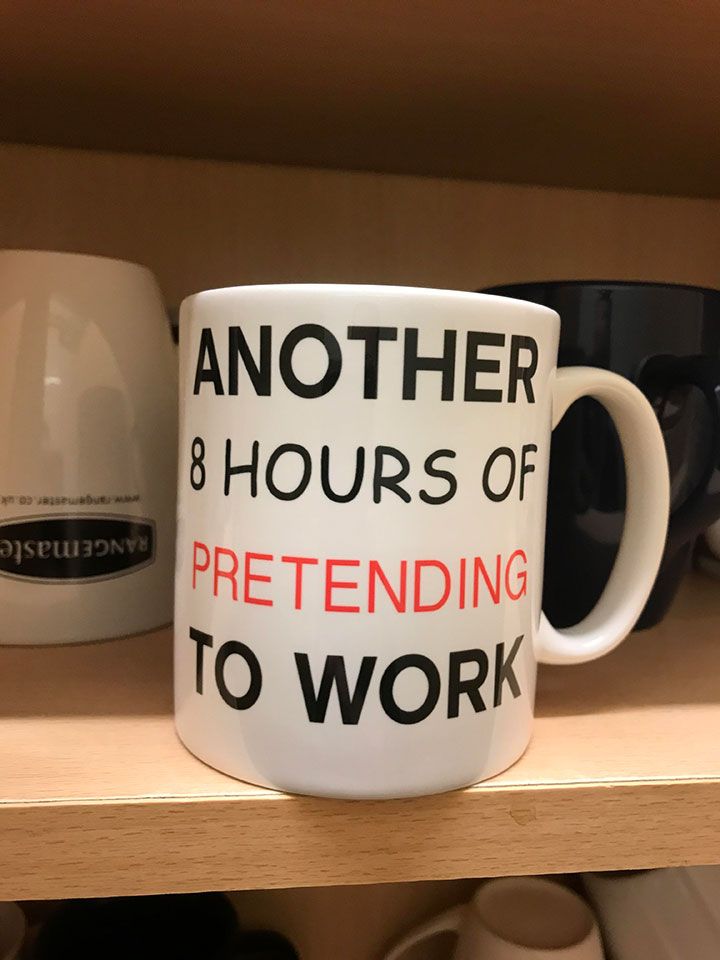 It’s big too, with over 2000 enemies appearing in random encounters, four different endings, eight bosses, and 20 unique items.
It’s big too, with over 2000 enemies appearing in random encounters, four different endings, eight bosses, and 20 unique items.
As expected, graphics are bare minimum; which gives it an almost nostalgic feel. Like playing Nethack all over again, except everything is running in real time. The most impressive thing about Arena.XLsm is that it was made by a chartered accountant from Canada in his free time. Which probably means that this game was created as a high sophisticated method of slacking.
Follow us on Instagram, Facebook, Twitter or Telegram for more updates and breaking news.
Tags: bbcBuild with ChromegamesGoogle EarthLegoWikipedia
10 Games That Simulate Boring Jobs
It is as if you were doing work, a new browser game by impish developer Pippin Barr, simulates puttering around inside Windows 95, clicking dialog boxes and mashing your keyboard to type out reports and emails. Depending on your real job, it’s a relaxing desktop toy or a horrifying parody of your waking life. It’s a fine example of the overlooked (and previously unnamed) gaming genre of officecore.
Depending on your real job, it’s a relaxing desktop toy or a horrifying parody of your waking life. It’s a fine example of the overlooked (and previously unnamed) gaming genre of officecore.
While many games explore exciting professions like pilot, city planner, or hitman, officecore focuses on the drudgery of a desk job. The job’s details are usually generic, its fictional results obscured to heighten the potential relatability. While the average gamer will never slaughter demons or conquer France, they will probably spend some time, maybe all their time, working at a desk, so here’s a chance to help them reinterpret a familiar environment.
As a player, you might use officecore to work out your workplace frustrations. You might find it useful for discreetly passing the time at a dead-end job. Or you might even learn something about yourself and realize you’re approaching your career all wrong. If the idea of playing a game that looks like your day job is off-putting, that already tells you something.
Officecore has three subgenres, in rising order of scope: Desktop simulation, office simulation, and corporate simulation. Desktop sims turn the computing environment into a puzzle or arcade game; office sims explore the workplace as a weaponless first-person shooter, RPG, or adventure; and corporate sims work like top-down simulations such as SimCity or Roller Coaster Tycoon. Each provides a different commentary on the modern white-collar workplace.
Desktop Simulation Games
Desktop sims imitate a typical computer interface, with a varying degree of verisimilitude. While in almost any other desktop game, the player’s inputs correspond to some fictional or metaphorical outputs, here they map quite directly; clicking a fictional dialog box is no different than clicking a real one. A desktop simulation’s unique relationship to the surrounding computing environment lets it play with the boundaries and directly provoke the player.
It is as if you were doing work
Despite its retro design, It is as if you were doing work takes place in a post-labor world of “95% unemployment. ” Randomized dialog prompts and document headings describe futuristic technologies like biofuels, tricorders, and gene doping, while the documents you “type” give self-help advice. Stock photos of office work pop up, with headers like “There is joy in work” and “No one ever drowned in sweat.”
” Randomized dialog prompts and document headings describe futuristic technologies like biofuels, tricorders, and gene doping, while the documents you “type” give self-help advice. Stock photos of office work pop up, with headers like “There is joy in work” and “No one ever drowned in sweat.”
You are constantly validated and “promoted” for your simple tasks. You feel the condescension from whatever computer handed you this “work,” and you realize you’re neither important nor useful. The only real change you can effect is choosing from four desktop wallpapers and four background MIDI tracks. It’s an interesting preview of a future (and a present) where human work is mere decoration around automated labor.
Can’t You See I’m Busy!While many games can be discreetly played inside a real copy of Excel, the 8-year-old game suite Can’t You See I’m Busy! imitates generic office software in your browser, then inserts classic desktop games. Breakdown is a Breakaway clone inside a Word doc; Leadership is Helicopter inside a line graph. Crash Planning is a Bejeweled knockoff disguised as a calendar; Cost Cutter is a quirky tile matcher inside an animated bar chart. The idea is that you can play these games at the office without anyone noticing; there’s even a “boss button” to hide the most egregious game elements.
Crash Planning is a Bejeweled knockoff disguised as a calendar; Cost Cutter is a quirky tile matcher inside an animated bar chart. The idea is that you can play these games at the office without anyone noticing; there’s even a “boss button” to hide the most egregious game elements.
The ruse is a bit thin, especially now that the fake software looks ancient. So the faux desktop interface is more stylistic than practical, and it emphasizes the relative monotony of the games themselves. To open a game, you click a button that oscillates between “start game” and “start work,” a winking gesture that feels sadder each time it loops. These games are designed to make time pass. To play them is to admit that you don’t even need to be entertained, just distracted. To play them is to admit you are wasting your life.
The whole genre of games that look like work share a muddy boundary with work that looks like games, a manifestation of crumbling work-life balance and the rise of social networking, the ultimate grey area between work and pleasure. The desktop sim genre has stagnated in the past few years, maybe because the office drone found a better time waster in social media. There are spreadsheet interfaces for hiding your Twitter and Facebook use, but this isn’t even necessary in the growing number of jobs that include social media management. When work is play and play is work, neither are very satisfying.
The desktop sim genre has stagnated in the past few years, maybe because the office drone found a better time waster in social media. There are spreadsheet interfaces for hiding your Twitter and Facebook use, but this isn’t even necessary in the growing number of jobs that include social media management. When work is play and play is work, neither are very satisfying.
Office sims take place in the office, generally turning the player into a low-level worker. While the player might advance up the ranks, gameplay never shifts into the top-down style of a god game or a SimCity. The most common format is first-person. Most tabletop officecore games also play out on this level, focusing on interaction between characters.
The Stanley Parable
The Stanley Parable is a video game about video games, but it’s also about exercising free will and challenging the limitations we unconsciously accept. Before it spirals into Matrix-like ontological absurdism, the game opens in a mundane office, depicting a mundane job.
The later game’s mechanics, and even much of its message, could have been mapped onto all kinds of settings. But the modern office ties strongly into those free-will themes. To imply authority and obedience, the game could have started in a prison or a mental institution, but the office environment projects the same qualities with a subtler horror.
It also turns The Stanley Parable into a power fantasy. When Stanley disobeys the narrator, he’s like Office Space’s Peter Gibbons ignoring Lumbergh and dismantling his cubicle. Every office drone has wanted to reject the system like this.
Job Simulator (Office Worker level)
2016 VR game Job Simulator also takes place in a computer-automated post-job world, where museum-goers try out extinct occupations like auto mechanic, gourmet chef, store clerk, and office worker. The office level particularly highlights the disassociation between workday and product. As a chef, your job is to make a pizza; as an office worker, you have to “make job happen. ” As at so many real office jobs, tasks like drinking coffee and chatting up co-workers are as important as doing any actual work.
” As at so many real office jobs, tasks like drinking coffee and chatting up co-workers are as important as doing any actual work.
Job Simulator is a fumblecore game where half the fun is struggling with awkward controls. The incompetent feeling of this interface is reinforced by a tutorial bot that treats office rituals like exotic local customs, and who suggests you use “an ancient human technique called ‘winging it.’” It’s a familiar feeling to young adults or anyone suffering from imposter syndrome. Comfortingly, the robots seem to be just as clueless as you are about how business works, and they congratulate you for banging on your two-button keyboard or assembling a dadaist PowerDot deck. You can’t really fail at this job.
PayrollPayroll is a first-person adventure game set in a 90s office, executed in an era-appropriate 256 colors and the goofy, gently parodic style of 90s point-and-click adventures. While one playthrough takes just 20 minutes, their’s a variety of possible endings, giving you great replay value for a one-dollar game.
There’s no heavy satire here, no frame story or fourth wall to step behind. Your goals are typical work goals. You can get fired, or you can do your job and earn retirement. For an office sim, it’s optimistic and peaceful. The bitterest this game gets is a charmingly dreary simulation of an office birthday party.
Generic Office Roleplay
The Generic Office Roleplay Facebook group is more of a sandbox than a game. Australian teen Thomas Oscar created it in 2013 as a deadpan satire of office life. Oscar shut out unfunny ideas, striving for realism, rejecting friends who all wanted to play as janitors. “If you only have five sale reps on your company, you’re not going to have twenty janitors,” he told the podcast Reply All. Like any good DM, Oscar set boundaries around the roleplaying.
But as discussed on Reply All, newer players got much sillier, replacing all the subtle jokes about fonts and social tension with goofs about iguana invasions and golden staplers. Years later, the current content is mostly middling, but this is still a fun destination for casuals.
Years later, the current content is mostly middling, but this is still a fun destination for casuals.
Synergon
Serious office roleplayers should consider Synergon, a loose RPG system presented satirically as a LARP, or live action roleplay. Skills include “integrity,” “yes man,” and “hereditary wealth.” Usable items include “cat calendar,” “power tie,” and “letter opener” (which “gives +10 to attack rolls for Threats of Physical Violence.”)
Supposedly, every business douche who fakes their expertise by throwing around jargon and management fads is unwittingly playing Synergon. “You know the ones,” says the About page. “They’re in every office, acting, not working. They don’t know what they’re talking about, they just know they’ve heard all the words before.”
While the site is mostly meant as satire, and no guidelines are given for true LARPing, a good dungeon master could mold Synergon into a playable tabletop or Skype game, though you’d need to flesh out your own campaign. It’s an especially attractive option for creating a customized revenge fantasy, or trying out the vicious office politics you avoid in real life.
It’s an especially attractive option for creating a customized revenge fantasy, or trying out the vicious office politics you avoid in real life.
PanoptiCorp
This Nordic-style LARP, played just twice (2003 in Norway and 2013 in Copenhagen), immerses players in a 36-hour live simulation of an amoral advertising firm with shady clients. Each player took on the role of an employee or executive, dressing the part and developing a backstory.
A report on the 2013 run, which included 30 players and 54 NPC “customers,” includes post-game analysis by players and organizers. As described in the minidoc above, players disappeared into their characters and surprised themselves with cutthroat behavior. Both playthroughs included online and social media elements, which felt exotic in 2003 and surprisingly natural ten years later. Players had to decide whether to sleep or keep working, and constant online updates raised the pressure to pull an all-nighter. One player had to take a break and cry before diving back in. Some players told Eirik Fatland, one of the game’s creators, that they regretted playing. “I am proud of PanoptiCorp... I am also troubled,” Fatland writes in the report.
Some players told Eirik Fatland, one of the game’s creators, that they regretted playing. “I am proud of PanoptiCorp... I am also troubled,” Fatland writes in the report.
Emergent player behavior in PanoptiCorp resembles the behavior of subjects in the infamous Stanford Prison Experiment, where volunteer “guards” treated “prisoners” so badly that the study was halted early after just six days. The Stanford experiment pointed to obvious dehumanizing effects of the real prison system; PanoptiCorp seems to similarly damn the real corporate system.
Fatland is very aware of the darker parallels. “The LARP’s light-weight and comedic surface is painted on top of a fairly brutal core,” he says, “much like the industries it satirizes.”
Corporate Simulation GamesCorporate simulators are a strange sort of power fantasy, as they satirize the real-world power fantasy that is upper management. You might feel like your boss shuffles you around like a resource in a video game, a minion who makes their numbers go up. You suspect that you’re doing all the real work, while their job could be reduced to an algorithm, or a game. Running a company with a few clicks feels tantalizingly realistic. It can make you believe you deserve to be in charge.
You suspect that you’re doing all the real work, while their job could be reduced to an algorithm, or a game. Running a company with a few clicks feels tantalizingly realistic. It can make you believe you deserve to be in charge.
Corporation Inc.
Browser game Corporation Inc. is the missing link between Maxis’s 1994 desktop game SimTower and NimbleBit’s 2011 mobile game Tiny Tower. Players build an office tower and fill it with staff. Unlike industry-specific corporate simulators like Software Inc. and Game Dev Tycoon, the fictional companies inside Corporation Inc. remain pleasantly generic, so you can project your own aspirations and grudges onto your little creatively hairstyled employees.
The game isn’t pushing much of an agenda, just exploiting another setting for a cute empire-building sim, like a version of AdVenture Capitalist with actual gameplay. But there’s still something to learn from just how few elements it takes to simulate an office environment.
Dilbert’s Desktop GamesThis branded 1997 suite of desktop games and toys includes a business jargon generator, several work-themed minigames, and a strong 2d platformer called Techno Raiders that recalls the surprising depth of the Simpsons arcade side-scroller.
The glue holding this suite together is CEO Simulator, in which you hire, fire, and manipulate employees to grow a company. It plays like a simplified Maxis Sim game with the idling elements of a clicker game, progressing in the background while you play the rest of the suite. While it’s not a moment-for-moment simulation of office life, all of its mechanics can be mapped to real-life corporate activities, making it the suite’s most grounded office simulation.
Techno Raiders just uses the office as a setting for a platformer. You guide the titular Dilbert up the 132 floors of his office, electrocuting co-workers, avoiding crossbow-wielding secretaries, and navigating mazes through departments like sales, engineering, and the executive lounge.
The whole suite’s tone matches the moderate satire of the Dilbert comic strip, seemingly subversive but only slightly darker than Garfield. The goal of CEO Simulator, for example, is to create a successful company by keeping employees happy and productive.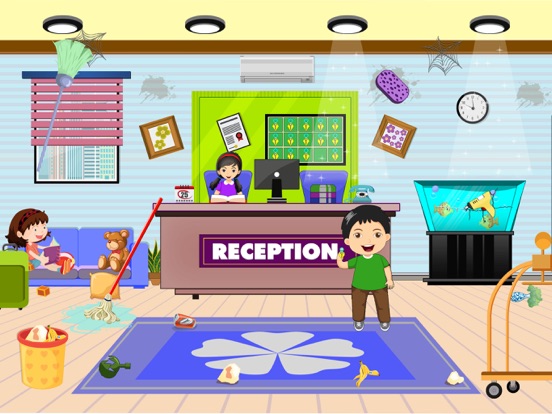 That’s a surprisingly optimistic view, even for Dilbert, but that’s what makes it a fantasy.
That’s a surprisingly optimistic view, even for Dilbert, but that’s what makes it a fantasy.
Honorable Mentions
- Papers Please and The Westport Independent use paperwork interfaces to simulate the banality of evil under totalitarian regimes. Both have a lot more historical character than an office sim, but they hint at a familiar on-the-job mundanity that might prompt more sensitive players to consider the societal impact of their real jobs.
- Her Story is a murder mystery that you investigate by digging through a computer, searching and tagging files. As a simulation of a murder investigation, it’s much more realistic than the typical detective game.
- 1995 UK board game Office Politics earned mediocre reviews on Board Game Geek, and the low-budget graphic design looks wildly uninviting, but in an office satire that might be the whole point.
- The Barclays LifeSkills Pod, a dystopic-looking work simulator deployed in London last year, trains students in social skills like networking and communication.
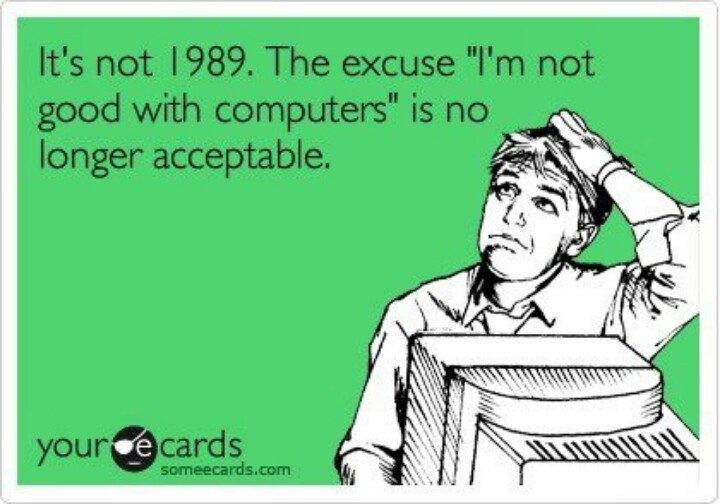 While it’s meant for real-world education, it bears a promising resemblance to an immersive arcade sim.
While it’s meant for real-world education, it bears a promising resemblance to an immersive arcade sim. - Text-adventure game Office Job Simulator 2014 is beyond bare-bones; it’s really just a vertebra. Click text links to “perform” a handful of office tasks, each simulated by a lone sound effect. A full run-through takes about 45 seconds.
While it’s a small and odd genre, officecore games share some definable characteristics: They imitate real life, and any divergence usually involves some satire or commentary. They focus on the elements shared by all office jobs, rather than diving into specifics.
Officecore’s aesthetics lean toward the nostalgic, evoking the lost era of cubicles, neckties, and Windows 95. The genre seems stuck in the 90s, mocking water coolers and MS Publisher, ignoring new office fixtures like the WeWork common room, the evening Slack alert, and the corporate Facebook page. Player avatars appear in suits holding briefcases, instead of the aspirational creative-class uniform of sweaters and messenger bags. These games still feel like Office Space, while the real office has evolved into Spike Jonze’s Her. There’s untapped potential to simulate the modern workplace, where everyone is a “creative,” a “curator,” or an “influencer,” where free lunch keeps everyone in the office, where work has to be more fulfilling because work-life balance is over.
These games still feel like Office Space, while the real office has evolved into Spike Jonze’s Her. There’s untapped potential to simulate the modern workplace, where everyone is a “creative,” a “curator,” or an “influencer,” where free lunch keeps everyone in the office, where work has to be more fulfilling because work-life balance is over.
The same tools that created the always-on workplace could create its simulations. Mobile gaming and social networks have normalized giving a game extensive access to your device and your personal information, enabling fourth-wall tricks that would impress Metal Gear Solid’s Psycho Mantis. Progress and Blackbox interact with your phone’s accelerometer, brightness, and battery; Lifeline turns your mobile notifications into a text adventure; Farmville and Candy Crush exploit your social connections to keep you playing. These tricks would be all the more impressive in a game that simulated Slack alerts, LinkedIn networks, and annoying corporate VPNs, a game that’s as always-on as the workplace it simulates.
By catching up to reality, games can help us cope with the changing workplace. They can force us to question new norms, or just provide an outlet for the unavoidable stress of any career. Work shouldn’t just be gamified; it should be gamed.
Five games for the office
It's important to know that games at work not only distract from work and allow you to exhale, but also have a beneficial effect on the work process itself. In 2009, the German Leonard Reinecke conducted a large-scale study, the results of which made it clear that: video and computer games help to cope with stress, hone the skills of battles with opponents, gain valuable teamwork skills (if the game is multiplayer), calm down if relations with colleagues do not add up. Even earlier, in 2008, New Scientist magazine debunked the myth that gamers are red-eyed, squishy squishes stuck to the monitor. The study found that gamers are often in better physical shape than their non-gaming counterparts. In addition, they are more social. It turns out that by playing at work, people not only relax, but also improve themselves. nine0003
It turns out that by playing at work, people not only relax, but also improve themselves. nine0003
Of course, this does not mean at all that it is worth installing World of Warcraft on all office computers and forcing subordinates to voluntarily pretend to be elves and go on raids. There are games that are designed specifically for the office - they can be played during breaks, at meetings, in stressful situations. We present a few of them.
"Leave me alone, I'm busy!"
Cantyouseeimbusy.com - A selection of games for those whose management has not yet realized the need for breaks. Toys disguise themselves as worksheets, charts and documents. You pass the level - and the boss passes behind you. And he thinks that you are passionate about balancing the monthly balance or writing a report on a successfully completed project. nine0003
Angry Birds in Excel
A more sophisticated, geeky variation on games masquerading as work is Excel games. And it's not just about prehistoric artifacts: even the iPhone and iPad hit Angry Birds has been adapted to the program used by millions of office clerks every day. Protect the Angry Birds, don't let the mean piglets steal all their eggs.
And it's not just about prehistoric artifacts: even the iPhone and iPad hit Angry Birds has been adapted to the program used by millions of office clerks every day. Protect the Angry Birds, don't let the mean piglets steal all their eggs.
Bullshit Bingo for Meetings
Meetings are rarely exciting or rewarding. Endless conversations about the same thing, discussing dubious achievements, discussing plans for the future - there is a chance to take a nap for half an hour if you take a seat in the meeting room not opposite the authorities. nine0003
You can stay awake and play Bullshit Bingo, a popular game in the West that has come down to us a couple of years ago. The essence is simple: to distribute into squares inherent in the industry in which you work, parasitic words. And then cross out the cells with the words spoken by colleagues. When you make 5 cells horizontally (vertically, diagonally - as you like), get up and shout loudly: Bullshit! Or some word more familiar to the Russian ear.
Trash the office
All you need to do is to put a piece of paper in the trash, a common office story. But in a virtual office (Tbs.com), things are much more complicated. There are countless lumps, and in order to aim, you need to follow the insidious moving arrow and press the button at a strictly defined moment. Getting used to it is far from the first (and not the 10th!) time, and the office cell turns into bedlam before your eyes.
Take revenge on the boss
WackYourBoss.com is a good replacement for challenging shooter video games for those stressed out and ready to explode. On the screen, the same situation is played out an infinite number of times: a person is sitting at a computer and typing, a grumbling boss approaches him from behind, which is clear from the name.
By clicking on any of the objects (computer, club in the corner, wastebasket, etc.) in the room, the player deals with this object with the bore.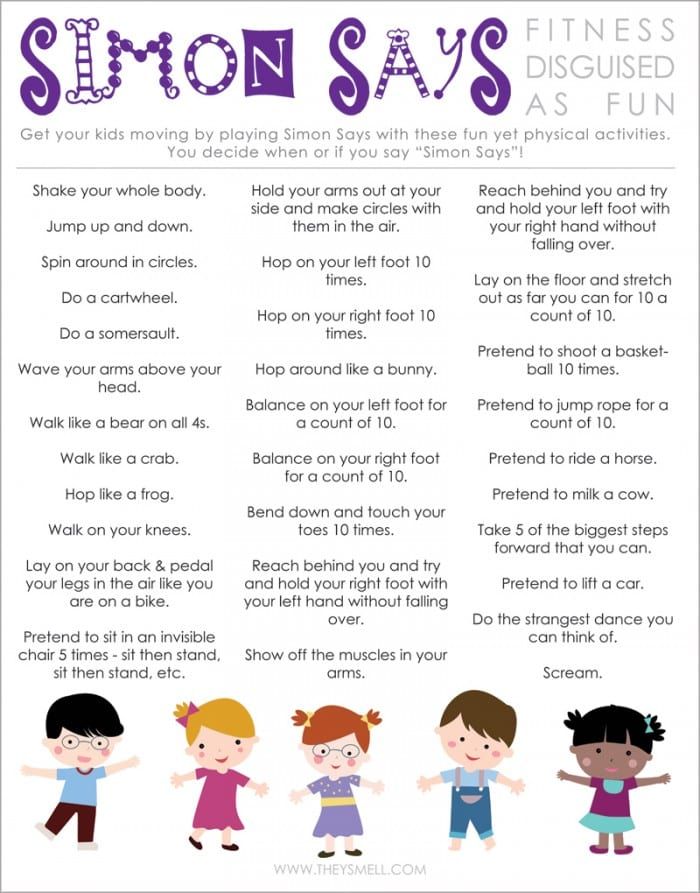 You can not limit yourself to thoughts about superiors and represent anyone in the place of the victim: a colleague, subordinate, client. Take revenge on everyone - 5 minutes for a splash of aggression is enough. nine0003
You can not limit yourself to thoughts about superiors and represent anyone in the place of the victim: a colleague, subordinate, client. Take revenge on everyone - 5 minutes for a splash of aggression is enough. nine0003
Zlata Nikolaeva "Slon"
Based on materials from
5 tips to successfully pretend to be a developer / Sudo Null IT News
Illustration by animitate
I develop pet projects and don't contribute to open source. I've been pretending to be a Python developer for five years now. To give my words some weight, I will describe my career path. I completed my undergraduate degree in Information Systems and Technology from a provincial university, worked as an IT specialist for a year at a local advertising agency, a year and a half as a junior python developer in a fintech company, experimented with freelancing for a year, worked in the automation department of a mobile game development company for two years. Passed the course Yandex workshop Middle Python Developer. Now I am an EngD trainee at a technical university in the Netherlands. Below are a few principles that I have followed and that I would like my colleagues I have worked with during this time to follow. nine0003
Passed the course Yandex workshop Middle Python Developer. Now I am an EngD trainee at a technical university in the Netherlands. Below are a few principles that I have followed and that I would like my colleagues I have worked with during this time to follow. nine0003
Learn English
English gives you a huge advantage in your development as a developer. Knowing the language gives you access to documentation, tutorials, training videos, courses, and even stack overflow questions. With English b2 and above, you can apply for more interesting vacancies within the CIS, work with foreign customers on freelance and apply for vacancies abroad.
Prepare for the interview
Before becoming a developer, you need to successfully pass the interview and get a job. If the interviewer is a proud developer who burns with his profession, then he will have high expectations not only in the technical part, but also in terms of your attitude to programming. To feel more confident during the interview, google the most popular questions and answers, go through the main terms, constructions and syntax of the language. Pay attention to relevant technologies. That way, while you're getting ready, maybe you'll actually learn something, and it'll be easier to pretend to be a developer. nine0003
Pay attention to relevant technologies. That way, while you're getting ready, maybe you'll actually learn something, and it'll be easier to pretend to be a developer. nine0003
Google before asking
They say there are no stupid questions, but that's not true. A stupid question is a question that can be answered on Google faster than asking the same question to your colleagues. In addition, googling develops a very useful skill - the formulation of questions and thoughts in general. After all, instead of throwing out an incoherent stream of thoughts, you really need to think about how to ask a question so that Google understands it and finds what you need. Just like preparing for an interview, while you google you can really learn something useful, and solving problems on your own will increase your self-confidence. In the future, you will worry less that you will not be able to cope with some of the tasks on your own. And the icing on the cake of this tip is that you'll be asking your co-workers harder questions and seem a little smarter than you are. nine0003
nine0003
Set up your development environment
Developers love to automate everything. This also applies to their working tools. Code auto-formatting, import optimization, static code analysis, automated tests. All this is already ready and will make your life easier. Customize your environment, learn keyboard shortcuts to perform all the automated checks you can. This way the code you share will look more professional and your colleagues will find fewer bugs in the code review. nine0003
Follow your team's instructions and guidelines.
Most likely, your team leader has already made sure that teamwork is simple and well-functioning and has written guidelines for working on the project. Follow them. Check and recheck that everything is done as requested. Thus, the work that you share will meet the requirements, and the team leader will feel that he did not write all these guidelines in vain. One of the most annoying things for the fifth time is to throw a link to a document with guidelines and the message: “Read it”.


